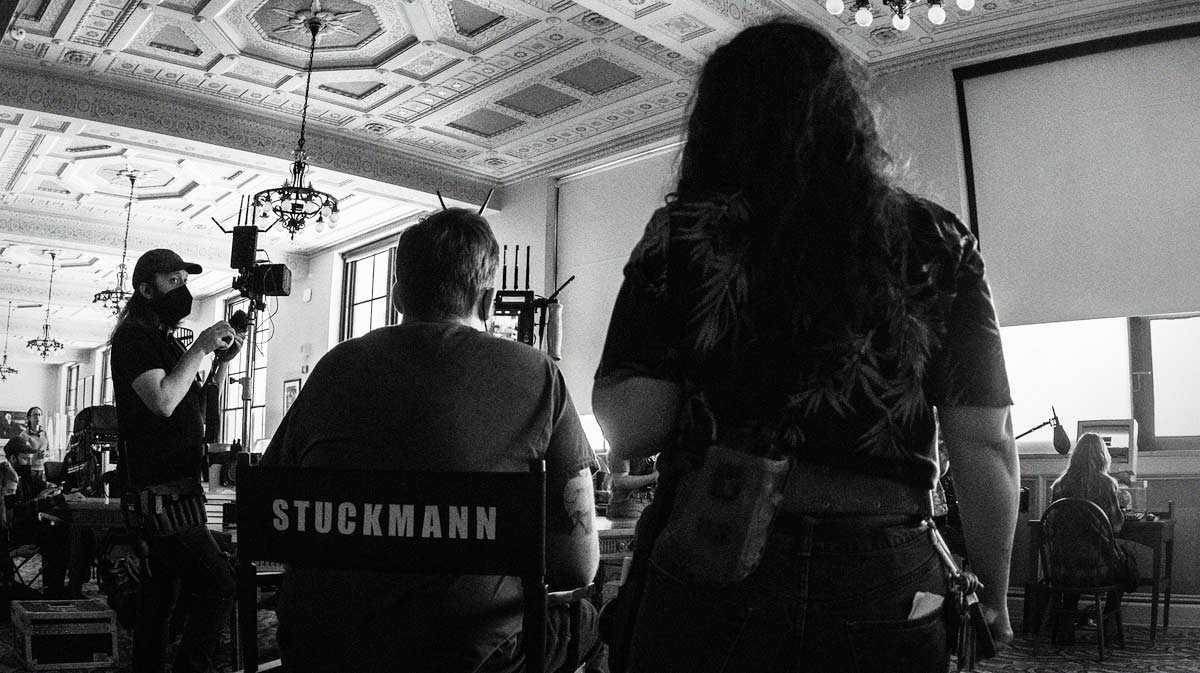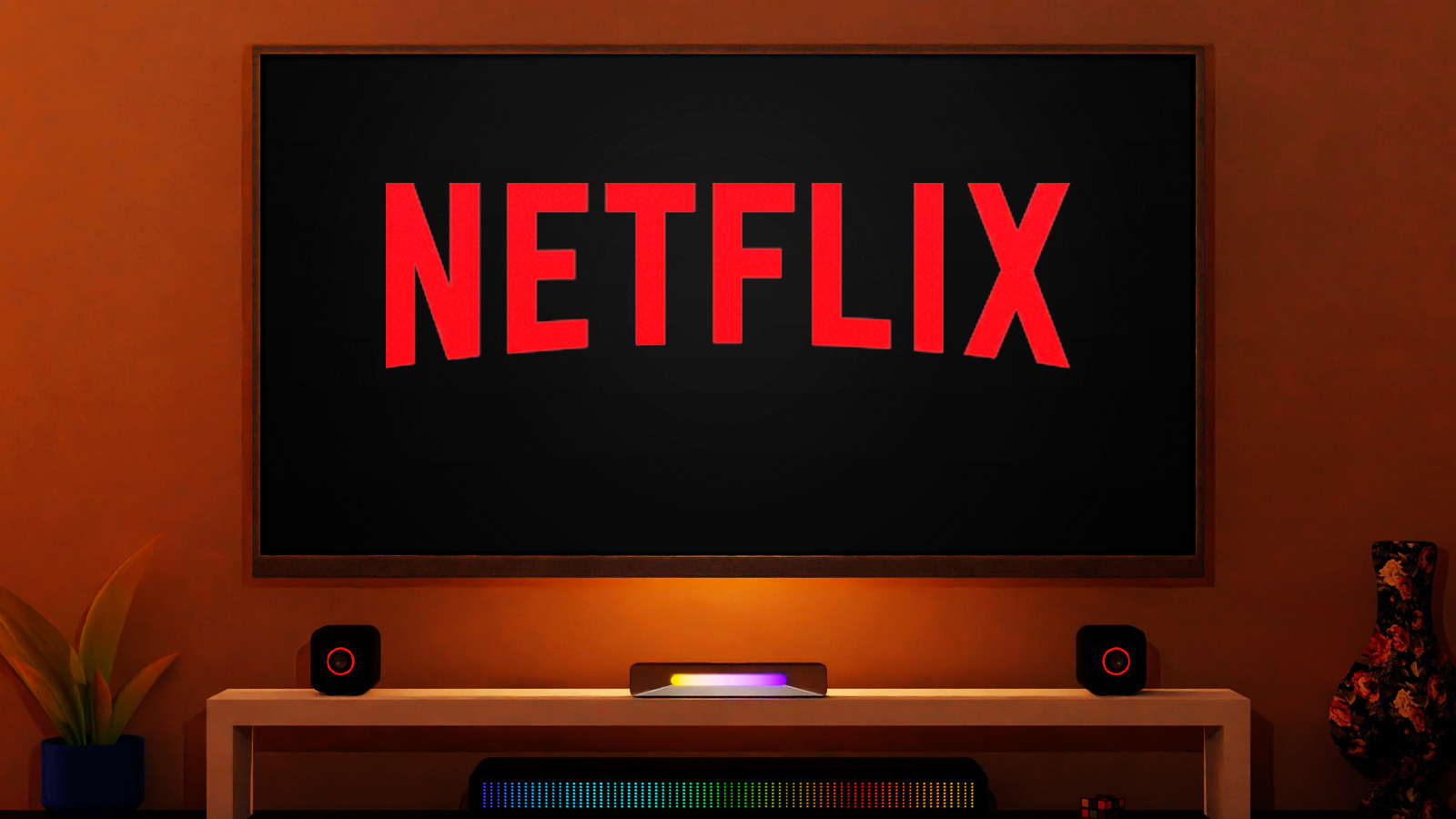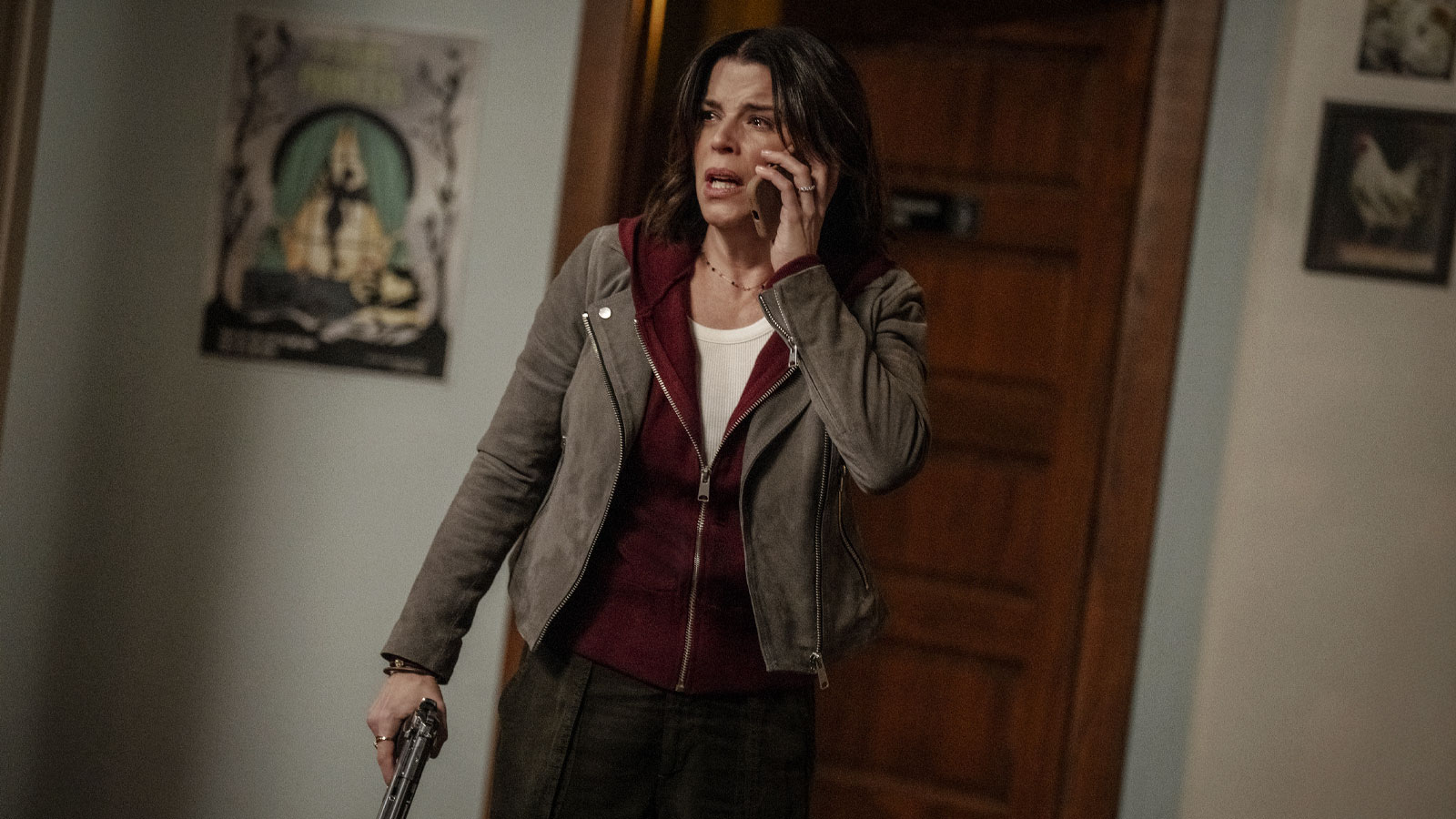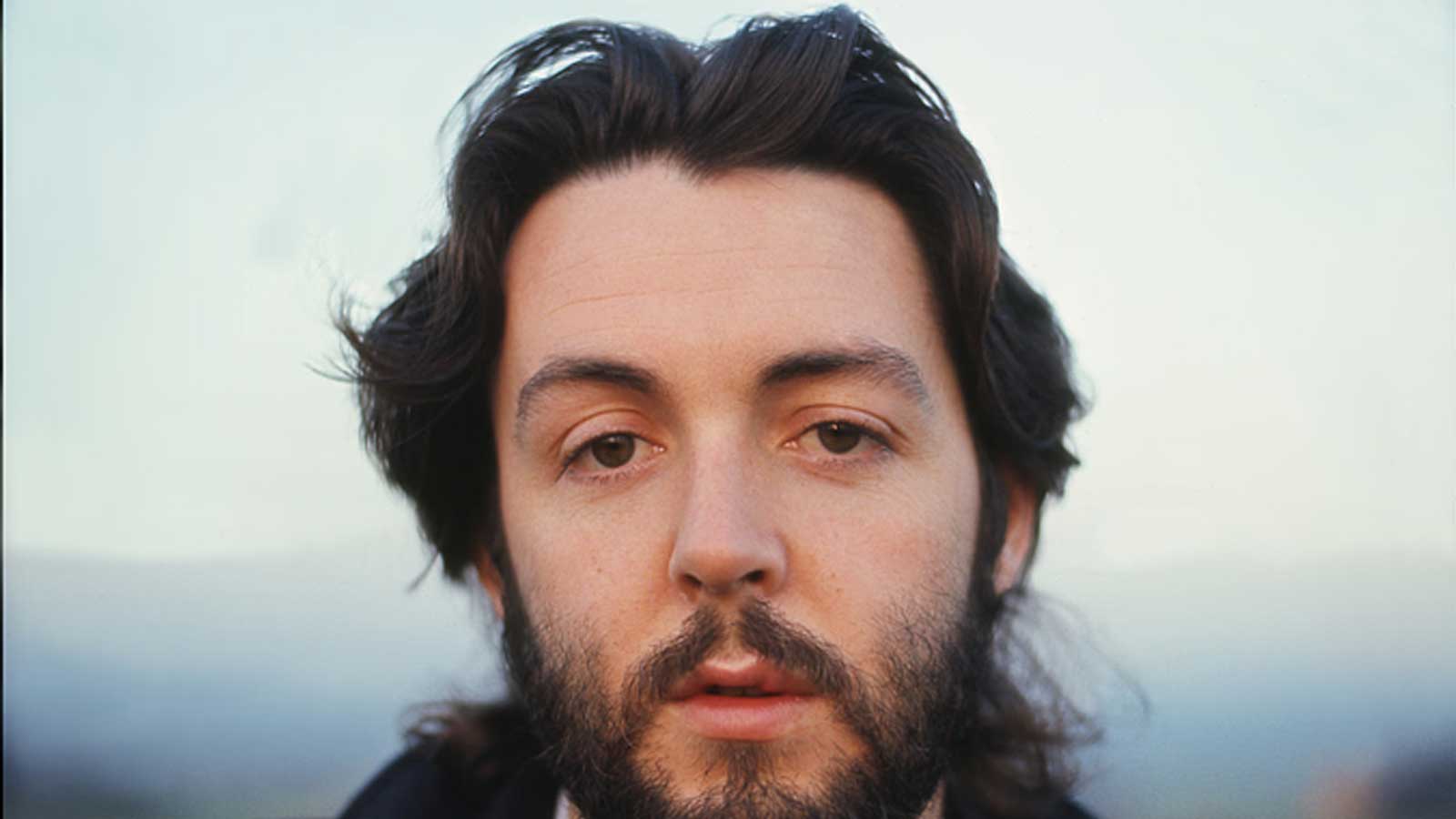If you've ever watched a movie review on YouTube, you've likely seen Shelby Oaks director Chris Stuckmann, who has made his feature-length directorial debut with his new horror film.
He is once again breaking glass ceilings, going from a YouTube film critic to a filmmaker. There were challenges, of course, as he tells ClutchPoints in the weeks before the release of Shelby Oaks.
One thing Stuckmann is fighting for is the perception some have of filmmakers who aren't considered legitimate directors unless they have the backing of a major studio. It's a similar situation to some film critics not being called legitimate critics unless they wrote for a legacy outlet during the early days of YouTube film criticism.
Now, he does benefit from having Neon — an award-winning studio for the likes of Parasite and Anora — behind him for Shelby Oaks, who acquired the film's distribution in 2024.
Stuckmann's journey as a film critic took time to get going. He waited years to get into press screenings. Eventually, he became the leading face of YouTube film criticism.
“When I started, I don't think I got into a press screening at all for like six years,” he recalled. “I think it was 2015; it might have been around the time of The Force Awakens that I actually got into a press screening. It took even longer to get screener DVDs and screener links and things like that because I wasn't writing for an outlet, and I didn't have like an official designation — nobody had stamped me and said like, ‘You're officially [a film critic].”
Dealing with sensationalized reactions
Nowadays, anyone and everyone can be a critic. It's easier than ever to get into the field, and plenty of digital creators and influencers share sensationalized reactions to movies. Still, it's a double-edged sword.
As Stuckmann points out, we're in a “transitional period where Hollywood has had to acknowledge things like TikTok and YouTube and that digital space because the audiences are undeniable.”
Not all reactions are made equal, though. Of course, there are plenty of thoughtful critics who get to the bottom of whether or not they like a movie in their reviews. There are also others who sensationalize negative (and sometimes positive) reactions.
This has become more prevalent with studios relying on influencers' reactions to movies. Now, more than ever, influencers are being invited to premieres and early screenings of films. Sometimes, these reactions seem inauthentic or hyperbolic.
Stuckmann is aware of this. He always gave thoughtful criticism when he was reviewing movies consistently. However, he knows the threat of the sensationalized buzzword-filled reactions.
Playing the numbers game
To Stuckmann, this may be more of a problem of studios viewing “likes,” “reposts,” and “interactions” as a gauge for a film's success.
“We have now tried to find ways to create those types of quick reactions, and we've noticed that very high praise and very high negativity, a lot of things like that, do gain more attention and more traction,” Stuckmann explained. “We get stuck in a loop of thinking, Well, this is what's expected of us. We're getting more attention when we're like this, so we need to stay like this.”
This correlates with one of the challenges of being an on-screen critic like Stuckmann was. Not only are you giving your thoughts on a film, you're giving a “visual performance” that viewers will “latch onto.”
In turn, some critics may feel the pressure to keep up whatever type of reaction is getting the most hits. The numbers game of social media is tough to navigate, as Stuckmann did for years.
“That's a dangerous place to be, because for me, I have always tried to be me, and I can't really fake whatever I'm thinking,” he claimed. “I have to be myself.”
Chris Stuckmann has been directing movies long before Shelby Oaks
Shelby Oaks may be Stuckmann's first feature-length film, but he's been making movies for years. While Stuckmann no longer does film criticism, opting to instead highlight movies he likes, his perspective has only strengthened now that he's made a movie. Regardless, he always tried to look at movies from the perspective of an artist.
“I've been making movies since I was a teenager,” Stuckmann said. “Not [movies released] in theaters, but this is the gatekeeping element that I think I would love to see change in the industry— people don't consider you a filmmaker until you have somehow done the distribution route and appeased the system and somebody has reached out and said, ‘Yes, you are now [an] official [filmmaker].'
“I would never dream of looking at any young person who's making stuff and putting it out, whether it's on YouTube or just showing his friends and family, and saying, ‘You aren't a filmmaker.' I think that that's awful and a terrible way of looking at artists, and so my mindset has always been that of a filmmaker,” he continued.
As a critic, Stuckmann tried to figure out “why the director made the film” and “what the writer was trying to communicate.”
Working with a small budget
He's all for everyone getting a chance to make a movie. You don't have to be Martin Scorsese to get a film off the ground. Again, there were still challenges — Stuckman didn't have a Marvel-sized budget.
And yet, Shelby Oaks looks great. Even if you don't enjoy the rest of the film, its aesthetics are undeniable. Stuckmann took the budget and made the most of it, which should bode well for his future endeavors.
“We really did shoot this movie for I think what most people in Hollywood would consider nothing,” Stuckmann revealed. “And the fact that it is getting a wide release is a testament to our amazing crew and our incredible DP, Andrew Baird, our gaffer, Benjamin Ellsworth-Feher, and our amazing production designer, Christopher Hare, and the people who made this movie look the way it looks.”
Having what Stuckmann considered a “long time” in the pre-production process helped. This allowed him to “storyboard everything,” making his visions clear. In turn, they were able to prepare their budget accordingly.
Ultimately, it came down to the locations Stuckmann shot Shelby Oaks. He claimed locations “play a major role” in making the relatively small budget go a long way.
If you were impressed by the visuals, let Stuckmann know. He finds it “gratifying” that people have come up to him and overestimated the budget.
“I've had people who didn't know anything about the movie walk up to me and be like, ‘How much was that? Like a $15 million budget? And I'm like, ‘No, it was not $15 million,'” Stuckmann said. “That's been really gratifying to see that type of reaction from people.”
The lessons he learned
Doing his first movie with a small budget opens him up for his next project. It was a learning curve for Stuckmann, who received a crash course of SAG rules and other things most people don't know about filmmaking until they're doing it.
“I've learned so much about the process that goes into getting a film off the ground initially,” he said. “Those are things they don't really teach you in film school. I'm talking about SAG rules, paperwork, and things that can make productions cheaper; where you can save money and where you can shoot for a better rate.”
These are lessons he learned making Shelby Oaks, and now Stuckmann can take it further with his next movie. Not only does he know how to stretch a budget, this has informed how he'll pitch projects to studios.
Shelby Oaks has taken years to make

Shelby Oaks has been a near-decade-long passion project for Stuckmann. It's a quasi-mockumentary that continues an online series of fictional found footage videos. It follows a team called the Paranormal Paranoids and a woman, Mia (Camille Sullivan), who attempts to find her younger sister Riley (Sarah Durn), who went missing while investigating paranormal activity.
The idea first came to Stuckmann in 2016. However, it wasn't until 2019 that it became tangible. “I met Aaron Kunz, who produced the movie, in 2019,” he recalled. “Now it's coming out in 2025. Technically, it's been a nine-year process.”
It first premiered at the Fantasia International Film Festival in June 2024. Now, nearly a year-and-a-half has passed since. Given Stuckmann's strive for perfection, it was hard to not tinker with the film too much once it was in the can.
He called the “pencils down element” of the filmmaking process “one of the hardest” parts of it. Even despite spending nearly a decade on it, it was hard to tell when it was truly finished.
“It's tough to figure out when exactly something is finished,” he explained. But at the same time, some of it is out of his control. There were likely instances where Stuckmann wanted to go back and reshoot scenes, but budget constraints would not allow that.
“I always joke with my DP and colorist, Andrew Baird— I'll text him routinely and be like, ‘Hey, I've got an idea for Shelby Oaks. You got any free time next weekend?' He's like, ‘We're done,'” Stuckmann quipped.
How did Chris Stuckmann react to the reviews of Shelby Oaks?
With the theatrical release of Shelby Oaks' coming means an influx of reviews of Stuckmann's movie. Stuckmann rose to fame as a critic, but how did he respond to the reviews?
He knows as well as anyone that criticism is “part of the process.” So, it doesn't appear he is taking any reviews too personally. “It's something that comes with everything that you make,” Stuckmann reasoned. “Whether you make something artistic or something to sell to people, products, you're going to get people's opinions on it.”
Speaking of reactions, Stuckmann wouldn't grade his own movie, Shelby Oaks. In fairness, he hasn't graded a movie in years since giving up negative criticism on his YouTube channel.
It's admirable, and in line with who Stuckmann is (“I love movies, man. I love supporting movies,” he exclaims). At this point, he's not just a YouTube film critic; he's a filmmaker.
His journey has not been linear. Stuckmann built himself from the ground up to become a critic. Now, he is off to a great start in his filmmaking career with Shelby Oaks.
Shelby Oaks will be released on Oct. 24.




















